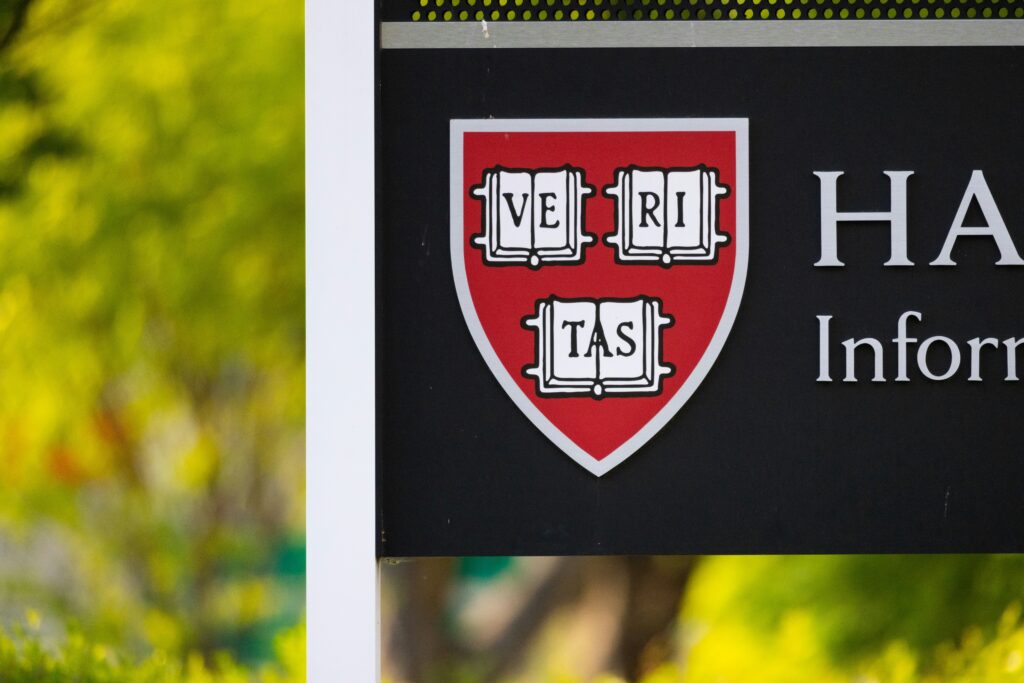The White House is preparing to cancel all remaining federal contracts with Harvard University, intensifying an already tense relationship between the Trump administration and the Ivy League institution. A draft order reportedly instructs agencies to terminate deals worth about $100 million, signaling a dramatic shift in how the federal government interacts with one of the nation’s most prestigious universities.
This move is part of a broader campaign by the administration to reduce support for academic institutions seen as politically liberal. Over the past few years, public funding for higher education has been slashed, particularly in areas focused on diversity, equity, and institutional autonomy. Harvard, long known for its progressive campus culture, has now become a central target in this political battle.
The administration argues that universities like Harvard have not done enough to combat antisemitism on their campuses. This claim is largely tied to recent waves of student activism, especially demonstrations supporting Palestinian rights. Officials contend that these protests have created an unsafe environment for Jewish students and accuse university leaders of failing to intervene effectively.
The federal government has also tightened restrictions on international students attending Harvard. At one point, a policy barred the school from enrolling any new students from outside the United States. Those already in the country faced possible removal unless they transferred to another institution, a move that could have led to them losing their immigration status. In response, Harvard filed a lawsuit and temporarily blocked the order through a court injunction. However, the case remains unresolved, and the threat to international students continues.
Despite growing pressure, Harvard has taken a firm stand. The university maintains its commitment to academic freedom and the right to self-govern without interference from federal authorities. It has refused to alter its policies or soften its stance, even as it faces the risk of losing tens of millions of dollars in federal support.
If implemented, the cancellation of contracts could have wide-ranging consequences for research, teaching, and student support programs. Many of Harvard’s science and technology projects rely on government funding. A sudden withdrawal could disrupt ongoing studies, limit scholarships, and reduce resources available to both faculty and students.
The conflict between the federal government and Harvard is also being closely watched by other universities. Institutions that share similar values or depend on federal support may find themselves in similar positions. The current standoff could set a precedent for how political disputes impact university funding in the future.
Several education organizations have raised concerns that this action represents a political use of funding as a tool to control academic discourse. They argue that withholding support based on campus speech and ideology undermines the foundation of free education and research in the United States. On the other hand, some groups support the administration’s position and insist that universities must be held responsible if their environments allow bias or hatred to spread.
So far, there is no official date for when the draft directive will be enforced. It remains unclear whether legal efforts by Harvard will succeed in preventing the termination of these contracts. What is certain, however, is that this confrontation is unlikely to end soon and may become a key issue in the national debate over education and government power.
The struggle between Harvard and the White House reflects a deeper conflict over freedom of thought and institutional independence in American education. As the situation develops, many will be watching to see if other universities speak out, take legal action, or alter their policies in response to mounting political pressure.


